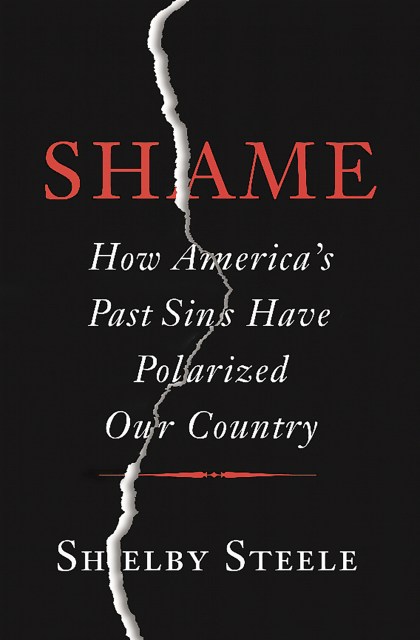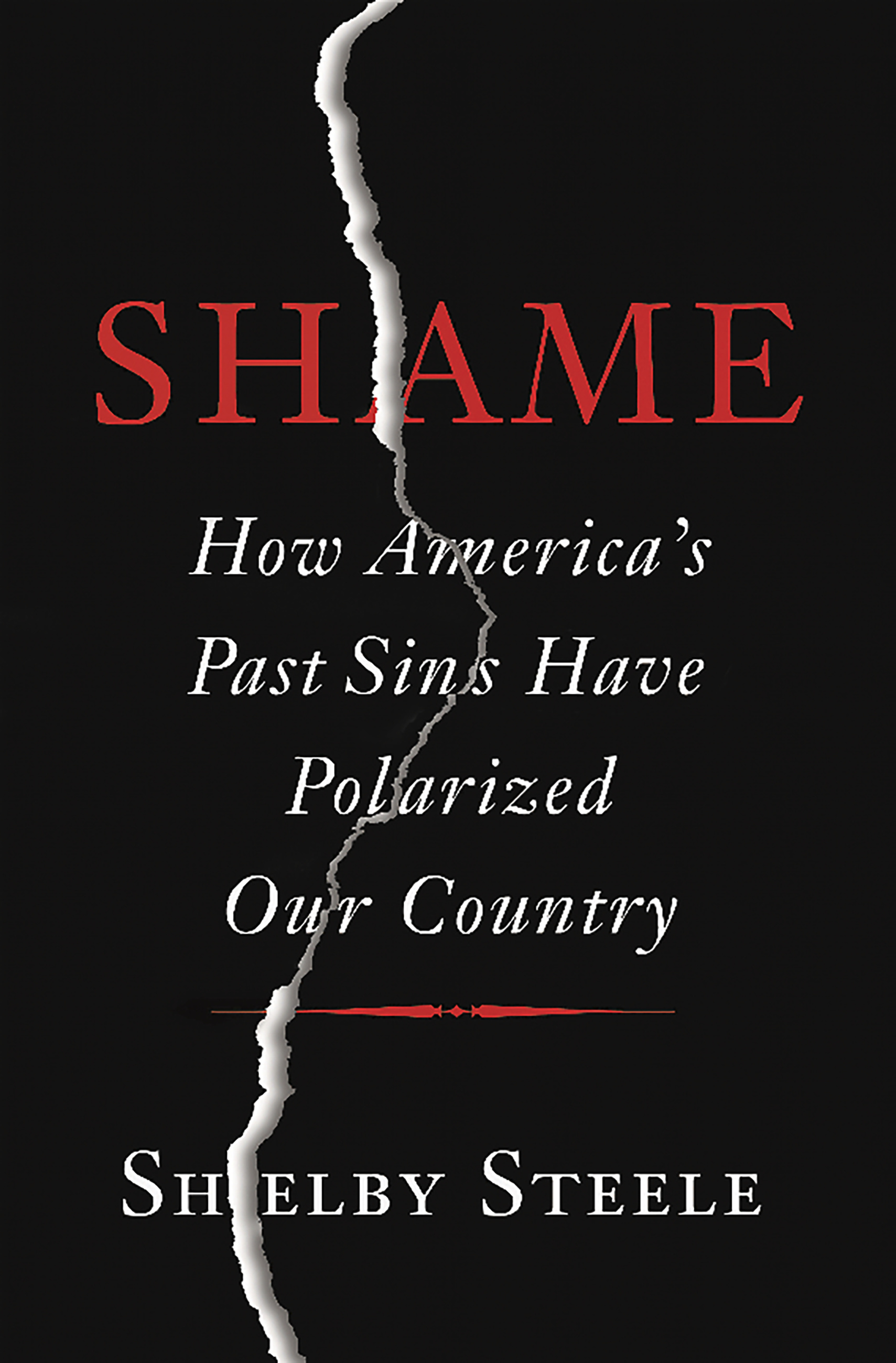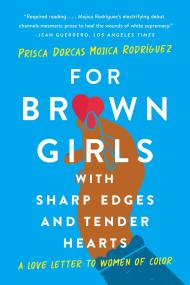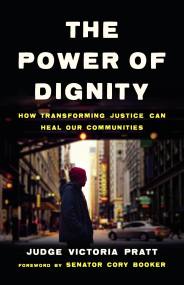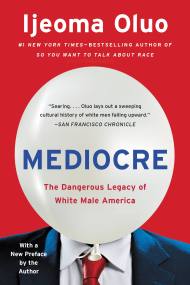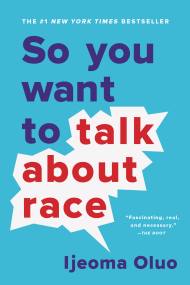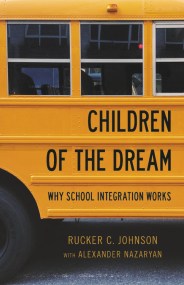By clicking “Accept,” you agree to the use of cookies and similar technologies on your device as set forth in our Cookie Policy and our Privacy Policy. Please note that certain cookies are essential for this website to function properly and do not require user consent to be deployed.
Shame
How America's Past Sins Have Polarized Our Country
Contributors
Formats and Prices
- On Sale
- Feb 24, 2015
- Page Count
- 208 pages
- Publisher
- Basic Books
- ISBN-13
- 9780465066971
Price
$34.00Price
$44.00 CADFormat
Format:
- Hardcover $34.00 $44.00 CAD
- ebook $18.99 $24.99 CAD
This item is a preorder. Your payment method will be charged immediately, and the product is expected to ship on or around February 24, 2015. This date is subject to change due to shipping delays beyond our control.
Buy from Other Retailers:
As Shelby Steele reveals in Shame, the roots of this impasse can be traced back to that decade of protest, when in the act of uncovering and dismantling our national hypocrisies — racism, sexism, militarism — liberals internalized the idea that there was something inauthentic, if not evil, in the America character. Since then, liberalism has been wholly concerned with redeeming modern American from the sins of the past, and has derived its political legitimacy from the premise of a morally bankrupt America. The result has been a half-century of well-intentioned but ineffective social programs, such as Affirmative Action. Steele reveals that not only have these programs failed, but they have in almost every case actively harmed America’s minorities and poor. Ultimately, Steele argues, post-60s liberalism has utterly failed to achieve its stated aim: true equality. Liberals, intending to atone for our past sins, have ironically perpetuated the exploitation of this country’s least fortunate citizens.
It therefore falls to the Right to defend the American dream. Only by reviving our founding principles of individual freedom and merit-based competition can the fraught legacy of American history be redeemed, and only through freedom can we ever hope to reach equality.
Approaching political polarization from a wholly new perspective, Steele offers a rigorous critique of the failures of liberalism and a cogent argument for the relevance and power of conservatism.
-
New York Times Book Review Editor's Choice
Wall Street Journal
“Shelby Steele is one of the very few writers able to tell home truths about the plight of black Americans.... In Shame, an essay on the political polarization of our country and on the want of progress among black Americans, he has produced his most complex and challenging work.... The irony here is that Shelby Steele might just be a Tom of a different kind—a black Tom Paine, whose 21st-century common sense could go a long way to bringing his people out of their by now historical doldrums.”
New York Times Book Review
“A spirited polemic…Steele delivers this message in an ardent, readable style…Steele…speaks with passion, eloquence and unremitting honesty.”
Publishers Weekly, starred review
“This timely critique warrants attention from anyone troubled by the persistence of racial discord in American life, from Selma to Ferguson.”
Kirkus
“A conservative analysis of political polarization and race relations in America, more thoughtful and less vitriolic than most volleys from either side.”
Claremont Review of Books
“Steele may well have given us his most important book yet.”
Newsletter Signup
By clicking ‘Sign Up,’ I acknowledge that I have read and agree to Hachette Book Group’s Privacy Policy and Terms of Use
